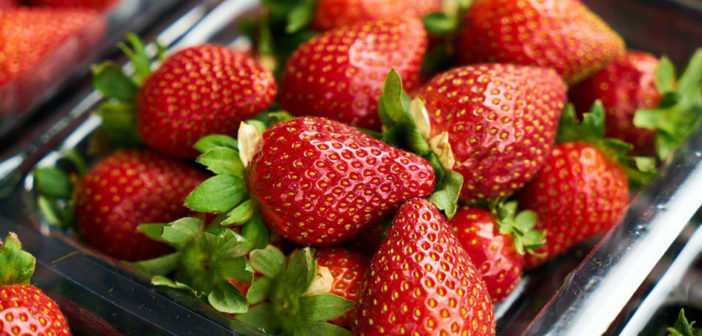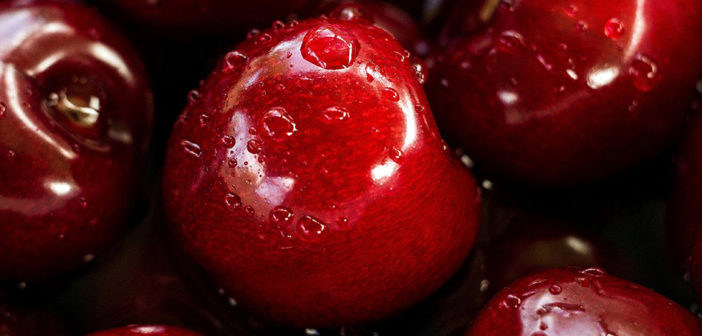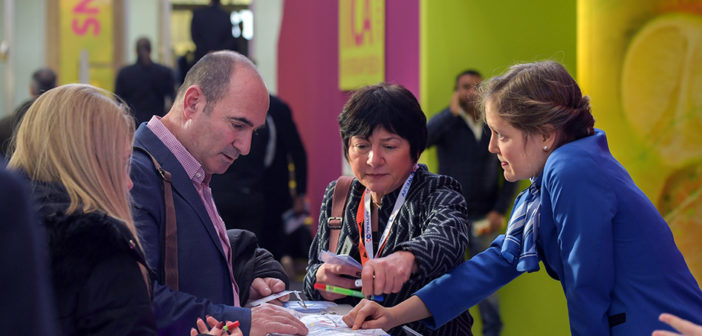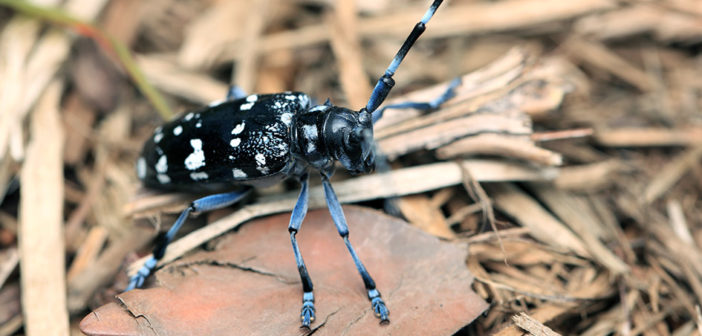Pasteurisation and sterilisation are now well established as a key step in the production of many different food and drink products.
Both pasteurisation and sterilisation involve the use of heat, usually in a way which does not affect the fundamental characteristics of the product (in other words, it doesn’t cook it). However, while sterilisation seeks to completely eliminate any micro-organisms which may be present in the product, pasteurisation reduces the microbial load by a significant factor, which in normal circumstances reduces them to a level at which they do not pose a hazard.
In order to meet the diverse range of requirements for these processes, HRS Heat Exchangers has created its Thermblock packaged pasteuriser/steriliser for food products for aseptic filling. All Thermblock systems allow for full adjustment and can be used as HTST (High Temperature, Short Time) units, to minimise potential side-effects, such as organoleptic changes or nutritional losses.
There are three models of HRS Thermblock:
HRS Thermblock DTA Series
Suitable for applications such as: diced tomatoes, onions, and fruits; as well
as products with large particles, such as soups and sauces, baby food, jams and
marmalades.
This features a double tube pasteuriser and steriliser for food products containing pieces or particulates, such as fruit and vegetable dices. The steriliser comprises double tube corrugated heat exchangers from the HRS DTA Series and also includes a positive displacement HRS BP Series piston pump which is specifically designed for products containing large pieces.
HRS Thermblock AS Series
Suitable for products with high viscosity, including: tomato pulp and paste,
ketchup and pizza sauce, fruit puree and concentrate, jams and marmalades etc.
The Thermblock AS is composed of concentric tube heat exchangers, or annular space heat exchangers from the HRS AS Series, with product flowing in the central annular space, while the heating or cooling media passes through both the internal and external jacket. The steriliser can also include a high pressure piston volumetric pump suitable for high viscosity products. For lower pressure applications, or products with particulates, the HRS BP Series of piston pumps is recommended.
HRS Thermblock M Series
Designed for food with low or medium viscosities, such as: juices and
beverages, fruit and vegetable purees and concentrates, milk and dairy
products, and smooth soups & sauces.
The steriliser is composed of multitube corrugated tube heat exchangers from the HRS MI Series and HRS MR Series. It can include direct or indirect energy recovery, meaning up to 90% of the energy can be reused, greatly reducing overall energy consumption and improving the return on investment. The post HRS packaged solutions for pasteurisation and sterilisation appeared first on HRS Heat Exchangers.




